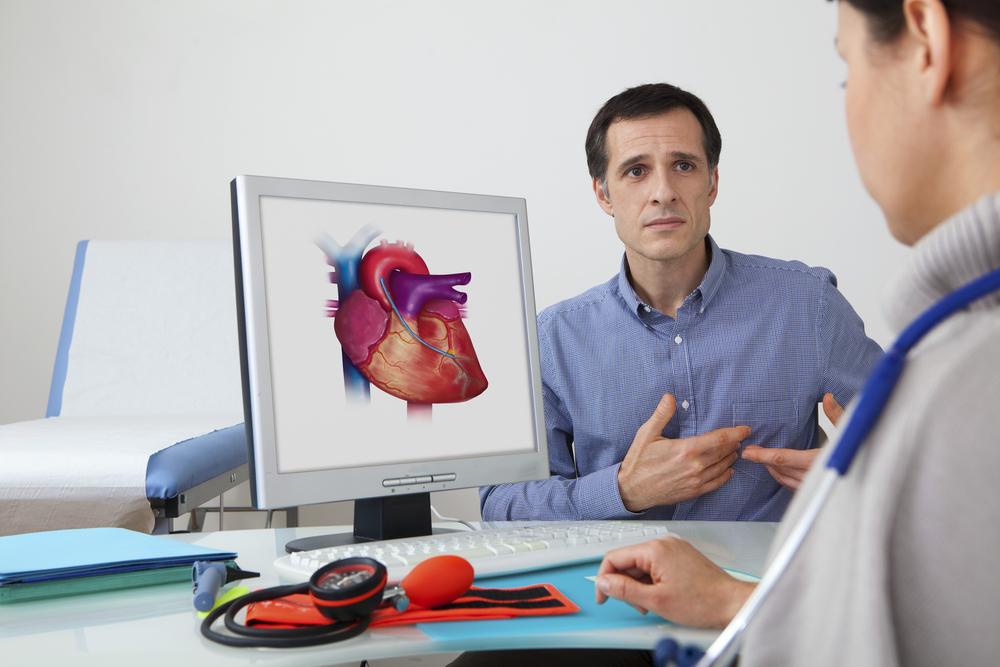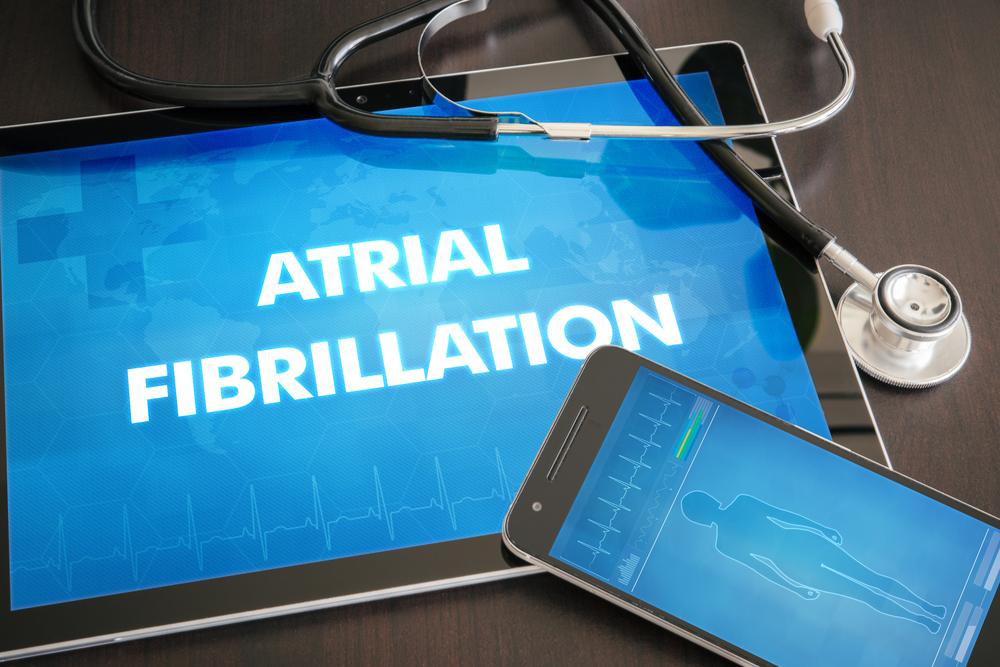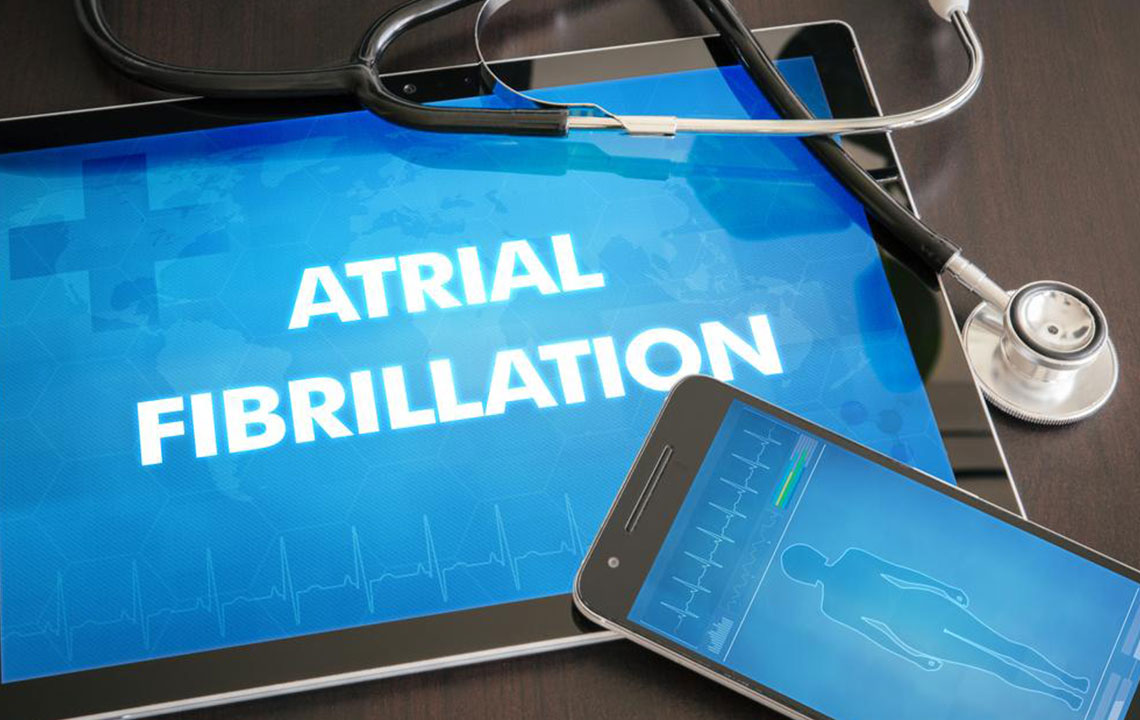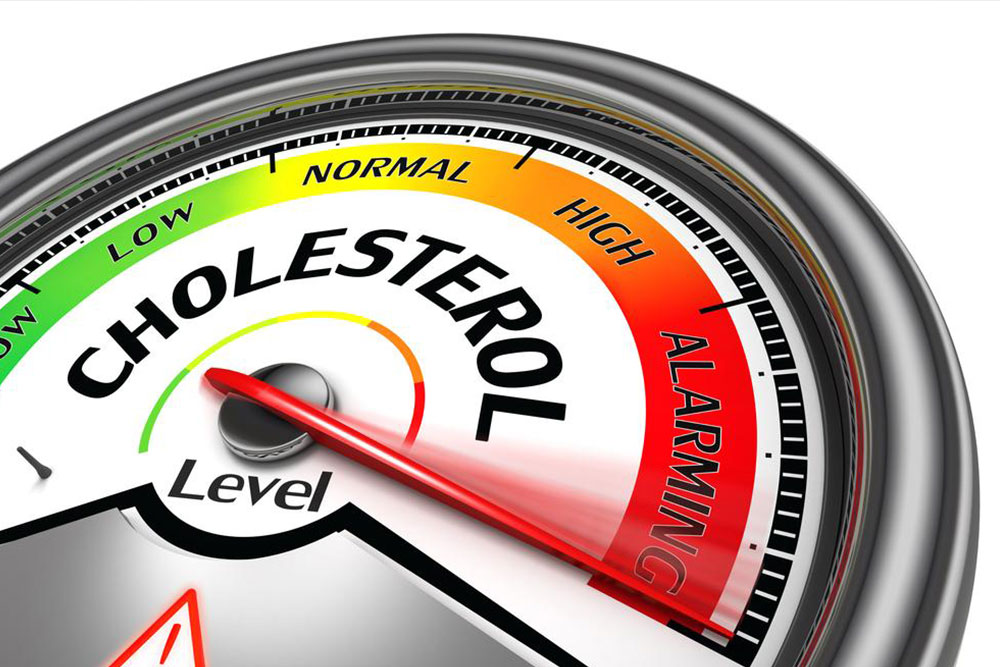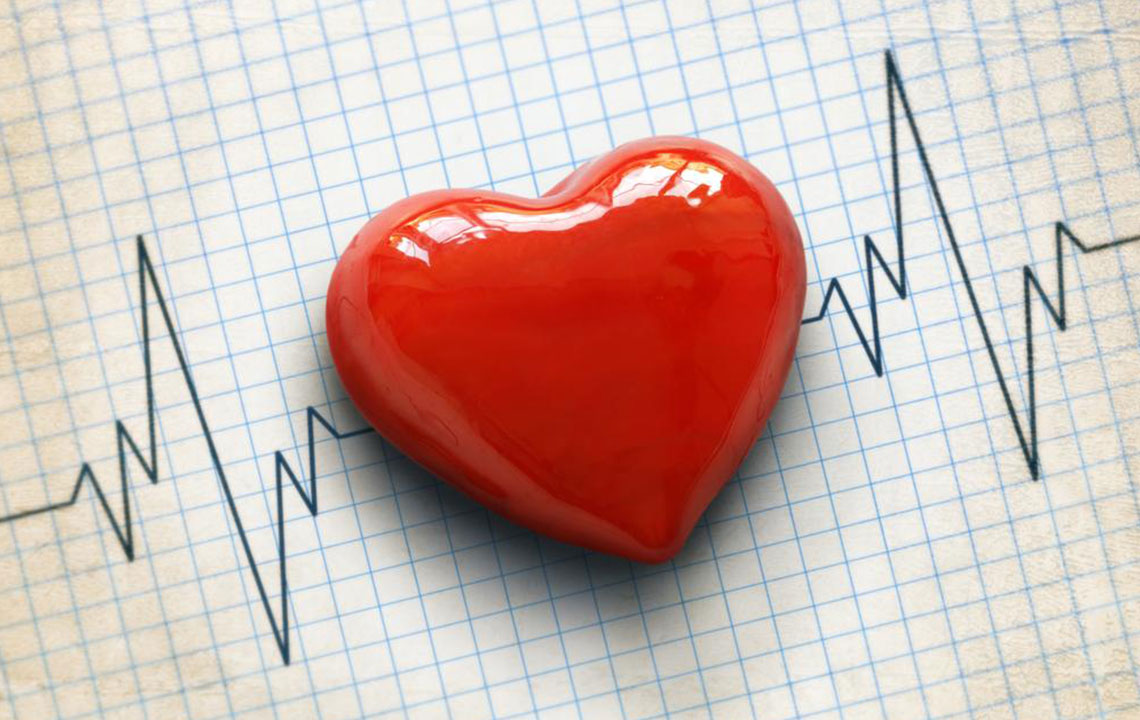Everything You Should Know About Atrial Fibrillation
This article provides a comprehensive overview of atrial fibrillation, covering causes, symptoms, diagnosis, and treatment options. It highlights risk factors such as age, genetics, and lifestyle, and emphasizes the importance of early detection and management. Learn about common medications, preventive measures, and surgical procedures used to treat AFib, empowering readers to better understand this prevalent heart condition and its implications for overall health.

Understanding Atrial Fibrillation: Causes, Symptoms, and Treatments
Understanding Atrial Fibrillation
Atrial fibrillation, or AFib, is a heart condition characterized by irregular and rapid heartbeats. Normally, the heart's upper and lower chambers beat in unison, but in AFib, this synchronization is disrupted. Treatments focus on restoring a normal heartbeat, which may involve medications or surgical procedures, ranging from minimally invasive techniques to open-heart surgeries.
Common Causes of AFib
Genetics can play a significant role, with a family history increasing risk.
Diseases affecting heart valves contribute to irregular heartbeats.
High blood pressure is a notable risk factor.
Viral infections, thyroid issues, and metabolic syndromes may also cause AFib.
Risk Factors
Respiratory conditions like COPD and sleep apnea elevate AFib risk.
Diabetes and obesity are associated with increased susceptibility.
Heart diseases such as heart failure, congenital defects, and coronary artery disease are common contributors.
Individuals over 60 are more vulnerable to developing AFib.
Symptoms of AFib
Irregular heartbeats often cause noticeable discomfort.
Persistent fatigue and weakness are common.
Symptoms may include dizziness, lightheadedness, and brief confusion.
Shortness of breath, chest pain, and excessive sweating are also reported.
Diagnosis Methods
A physical exam and medical history review are initial steps.
Monitoring symptoms provides valuable clues.
An electrocardiogram (ECG) is a primary diagnostic tool.
Additional tests include echocardiograms, chest X-rays, and stress assessments.
Blood tests help identify thyroid or other metabolic issues related to AFib.
Common Treatment Options
Restoring normal heart rhythm is a key goal.
Cardioversion, including electrical shocks, can reset heartbeat irregularities.
Catheter ablation destroys problematic cells causing arrhythmia through heat or cold energy.
Surgical maze procedures create scar tissue to guide proper electrical signals.
AV node ablation uses radiofrequency energy to modify electrical pathways.
Medications for AFib
Blood thinners, or anticoagulants, reduce stroke risk by preventing clots.
Antiarrhythmic drugs assist in normalizing heart rhythm.
Medications also help control irregular heartbeats.
Preventive Strategies
Regular exercise helps maintain a healthy weight and heart function.
A heart-healthy diet low in saturated fats, salt, and cholesterol is recommended.
Avoid smoking, alcohol, and caffeinated drinks.
Managing blood pressure and cholesterol levels is vital for prevention.


